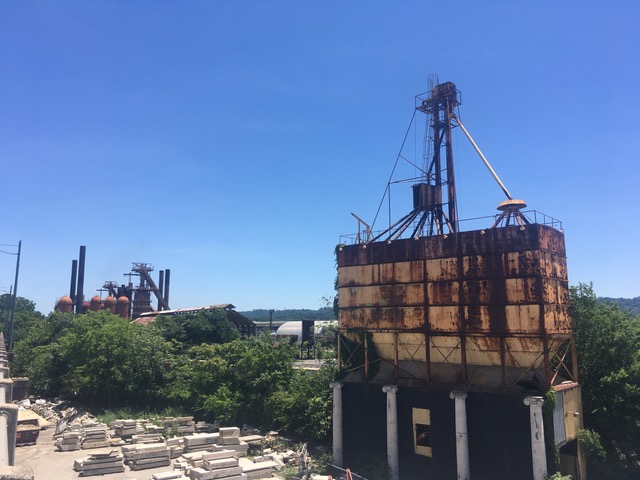
The Politics of Labor Market Inequality and Occupational Mobility
Project Description
Aims and Central Research Question:
We examine how individual experiences of occupational mobility shape political preferences. While occupational reorientation during the prosperous post-war era often meant material improvement, prospects of economic opportunity are much more fragile today. De-industrialization, globalization and technological change have impaired the social escalator by eliminating decent, middle-skill jobs. This research project studies the electoral repercussions of this development. We ask whether the widespread rise of anti-establishment parties is rooted in a transforming employment structure and why the mainstream Left has not been more successful in mobilizing disadvantaged voters. By implication, the project's findings contribute to a better understanding of structural sources and political causes behind the persistence of inequality in advanced capitalist democracies.
Background:
One of the most important sources of stratification in post-industrial societies today is the profound transformation of the employment structure. Existing research has largely established how structural economic change reshapes the aggregate composition of contemporary labor markets. Hence, this literature provides valuable insights about the relative political importance of distinct electoral constituencies. However, we lack a precise understanding of how and why labor market inequality affects individual political behavior. The central premise of this research project is that distinct reference points related to workers’ experience of occupational mobility shape individual perceptions of economic opportunity, which in turn influence the political response to occupational change. The project distinguishes between three distinct channels through which structurally-induced transformations of the employment structure affect opportunity perceptions and, subsequently, political participation and vote choice: (1) intragenerational, (2) intergenerational and (3) spatial occupational mobility.
Methods:
In this project, we utilize a diverse range of data sources and methods, including regional administrative data, individual register data from large administrative datasets, public survey data, original survey data, survey experiments, and online job vacancy data. This multifaceted approach allows us to gather comprehensive insights into the relationship of labor market opportunity and political behavior, ensuring robust analyses and meaningful contributions to our field.
Discipline(s):
Political Science, Sociology, Economics
Starting Date
March 1, 2021
Partners
Literature
Publications
Häusermann, Silja, Thomas Kurer, and Delia Zollinger. 2023. Aspiration Versus Apprehension: Economic Opportunities and Electoral Preferences. British Journal of Political Science 53 (4): 1230–51. https://doi.org/10.1017/S0007123423000145.
Gallego, Aina, and Thomas Kurer. 2022. Automation, Digitalization, and Artificial Intelligence in the Workplace : Implications for Political Behavior. Annual Review of Political Science 25 (1): 463–84. https://doi.org/10.1146/annurev-polisci-051120-104535.
Gallego, Aina, Thomas Kurer, and Nikolas Bahati Scholl. 2022. Neither Left-Behind nor Superstar : Ordinary Winners of Digitalization at the Ballot Box. The Journal of Politics 84 (1): 418–36. https://doi.org/10.1086/714920.
Related works
Kurer, T. (2020). The declining middle: Occupational change, social status, and the populist right. Comparative Political Studies, 53(10-11), 1798-1835. https://journals.sagepub.com/doi/abs/10.1177/0010414020912283
Kurer, T. and van Staalduinen, B. (2020). Disappointed Expectations: Downward Mobility and Electoral Change. Working Paper. https://thomaskurer.files.wordpress.com/2020/08/disappointed_expectations.pdf
Gallego, A., Kurer, T., & Schöll, N. (2020). Neither Left-Behind nor Superstar: Ordinary Winners of Digitalization at the Ballot. Journal of Politics, Forthcoming. https://osf.io/preprints/socarxiv/mu3tw/
